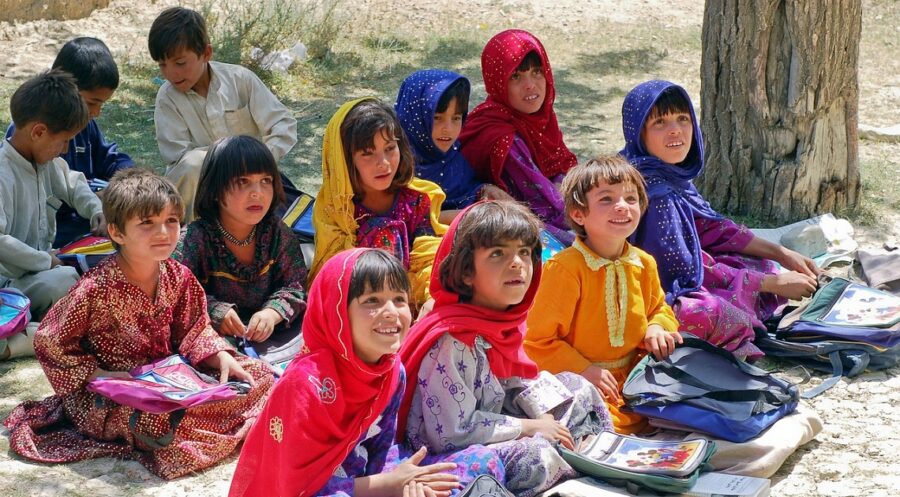On Tuesday, the International Step by Step Association (ISSA), WHO Regional Office for Europe, and UNICEF Regional Office for Europe and Central Asia unveiled a new website platform called Health systems for early childhood development, UNICEF’s press release states.
The new initiative will assist thousands of policymakers, healthcare professionals, and healthcare service planners in Europe and Central Asia in their mission to provide young children and their families with high-quality care that goes beyond the traditional approach of focusing on the physical well-being.
The new initiative is supported by the European Union within the framework of the Regional project to mitigate the impact of COVID-19 on the lives of children and families in the Western Balkans and Türkiye.
Policymakers, service providers, and service planners can access the most recent evidence-based guidance and information on early childhood development policies and programs on the Health Systems for Early Child Development portal, which serves as a one-stop shop.
Additionally, it is a learning environment that promotes debates and information sharing about developing a responsive system that caters to the needs of young children and their families.
Policies, programs, and services in the healthcare industry that are family-focused and supportive can enable parents and other caregivers to give young children nourishing care. This involves providing each child with a responsive, secure, and safe environment that guarantees their overall well-being, access to a sufficient diet, and early learning opportunities.
The first people to encounter children with complex needs, such as those with disabilities, chronic medical conditions, or those at risk of developmental delays brought on by a variety of environmental factors, such as poverty, exposure to violence and abuse, or parental mental health issues, are typically health workers. Health professionals will be able to improve the cross-sector support that children with complex needs require thanks to the project.



